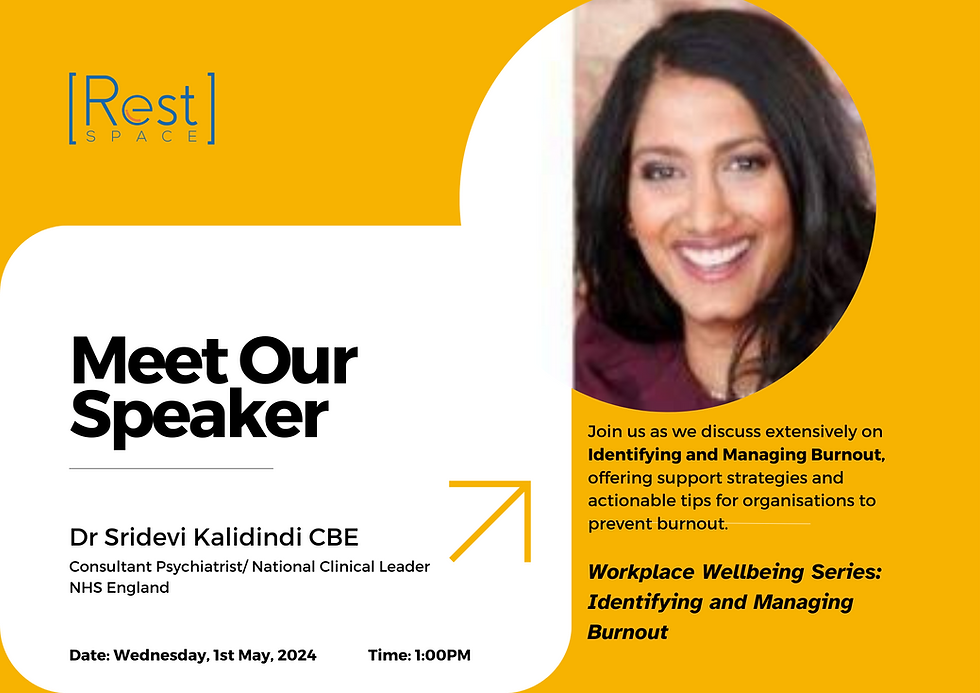Losing Sleep, Where are the Sheep? How Sleep Deprivation Screws up Sleep
- Tanner Gold
- Oct 5, 2022
- 4 min read
The one thing that everyone in the world has in common today is sleep. A relief we all look forward to but not all of us can attain. An action that comes naturally to all now seems like a daunting task for some. Distractions across all platforms of our lives contribute to us not being able to count the sheep.

Across the world there are people who suffer from bad nights of sleep. In the United Kingdom alone nearly 16 million adults suffer from sleepless nights and almost a quarter of them get less than 5 hours of sleep a night. Sleep deprivation is considered to be anyone who gets less than the recommended amount of sleep a night and can be controversial to one’s lifestyle.
Sleep deprivation
In the world today, there are a variety of lifestyles that require putting in late nights, getting up early, and countless disruptions we can’t control. These issues all put an unnecessary strain on one’s sleep schedule sending us on a downward spiral. When a sleep schedule has been disrupted it can lead to sleep deprivation. Naps can help reduce the chance of sleep deprivation by counteracting the grogginess of being sleep deprived just from a simple 30 minute nap.
In a study conducted by the University of Taiwan, students found that lack of sleep and an inconsistent sleep schedule have led to sleep deprivation which eventually causes lapses in everyday motor skills. These skills such as cognition, vigilance, and memory are all affected by sleep deprivation. The study has found that within students the median amount of sleep has decreased by an hour within the last 20 years. Since the amount of sleep is decreasing the students found an increase in the inefficiency of sleep. Thus, acting as a major contributing factor to sleep deprivation.
Sleep Deprivation not always a bad thing
When one hears sleep deprivation the first thing that comes to mind is that this is bad. In some cases yes this can be bad, but to others it is viewed as a good thing. Some people who suffer from sleep deprivation find themselves more creative and focused on the tasks at hand. Setting aside the bad effects such as impaired decision making, reduced concentration, and irritability, sleep deprivation can lead to an increase in stamina and increased creativity. Scientists have conducted studies finding that the brain fatigues at different rates for each person leading to some being able to handle longer periods of sleep deprivation.
Also from this study scientists conducted an experiment where they compared people who were given 30 minute naps every 4 hours vs people who had an uninterrupted 3 hours of sleep at a time. From the experiment it was found that the people who took naps while experiencing sleep deprivation were more alert and performed better on tasks than those who slept uninterrupted.
Solutions to Sleep deprivation
Yes the easiest solution to this entire problem would be to sleep, but to people who suffer from sleep deprivation this is not possible. Solutions can depend upon a large scale of factors. The solutions soon to be mentioned are only the tip of the iceberg in the fight against sleep deprivation. Prior to trying these solutions if you are someone who suffers from Insomnia and sleep deprivation severely contact a healthcare provider and seek attention.
Naps are a given tactic in the fight against sleep deprivation. 20 to 30 minute naps have been found to increase alertness and help the fight against the grogginess brought by a sleep deprived person. Plan B is to change one’s diet to eliminate items that contain caffeine, nicotine, and alcohol. These items all disrupt a sleep cycle which contributes to sleep deprivation occurring. We have a few blogs that have alternative methods to help in the fight to regain our sheep.
Here are a few blogs that may also help:
How Rest Space can Help
Rest Space believes that the health and well being of workers is the backbone of any business. After years of seeing people struggle in the workplace to stay awake, Rest Space decided to change the belief behind naps in the workplace. This drove Rest Space into creating the Everest, a soundproof napping pod, to be placed in the everyday business. Everest allows for wellness to be spread in the workplace via naps in the pod. A 20 minute nap has been seen to increase productivity in the workplace by 34%. Thus creating a positive effect in the workplace and creating the first step in the fight against sleep deprivation.
Businesses should start to focus more on the wellbeing of their employees and help in the fight against sleep deprivation. Feel free to reach out about Everest or if you have any questions about the product.
In the end sleep deprivation varies from person to person which is a dangerous game for some to play. As a business, employees who suffer from sleep deprivation can act as a liability in the workplace. By having an Everest nap pod by Rest Space you can cut down on the liabilities and see more productivity by encouraging naps in the workplace.




Comments